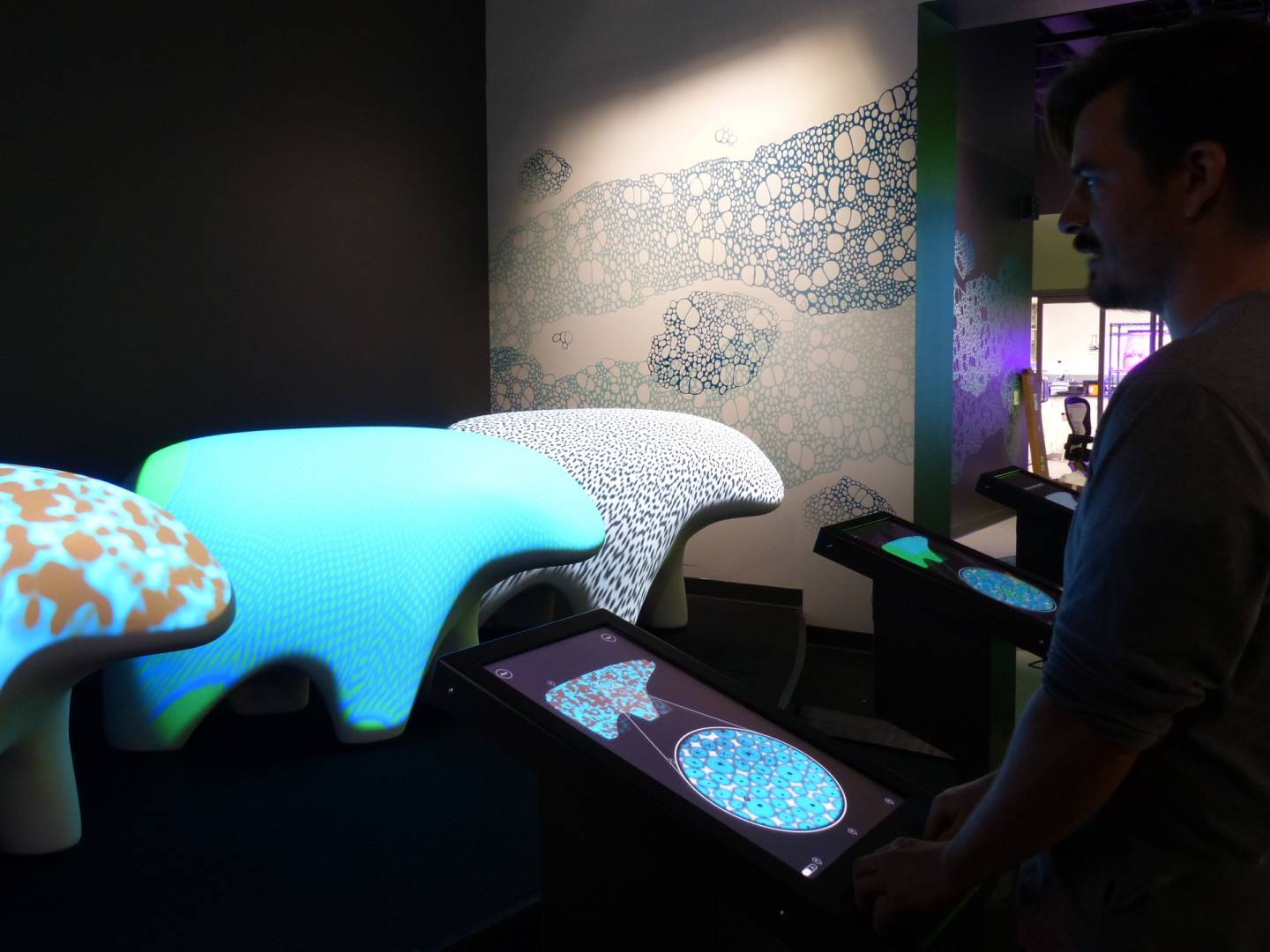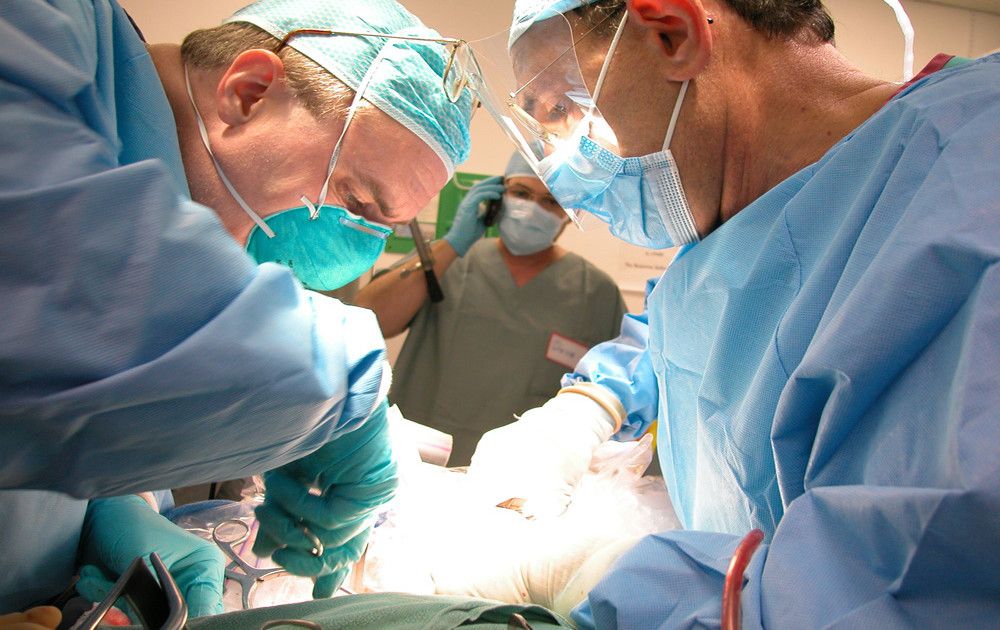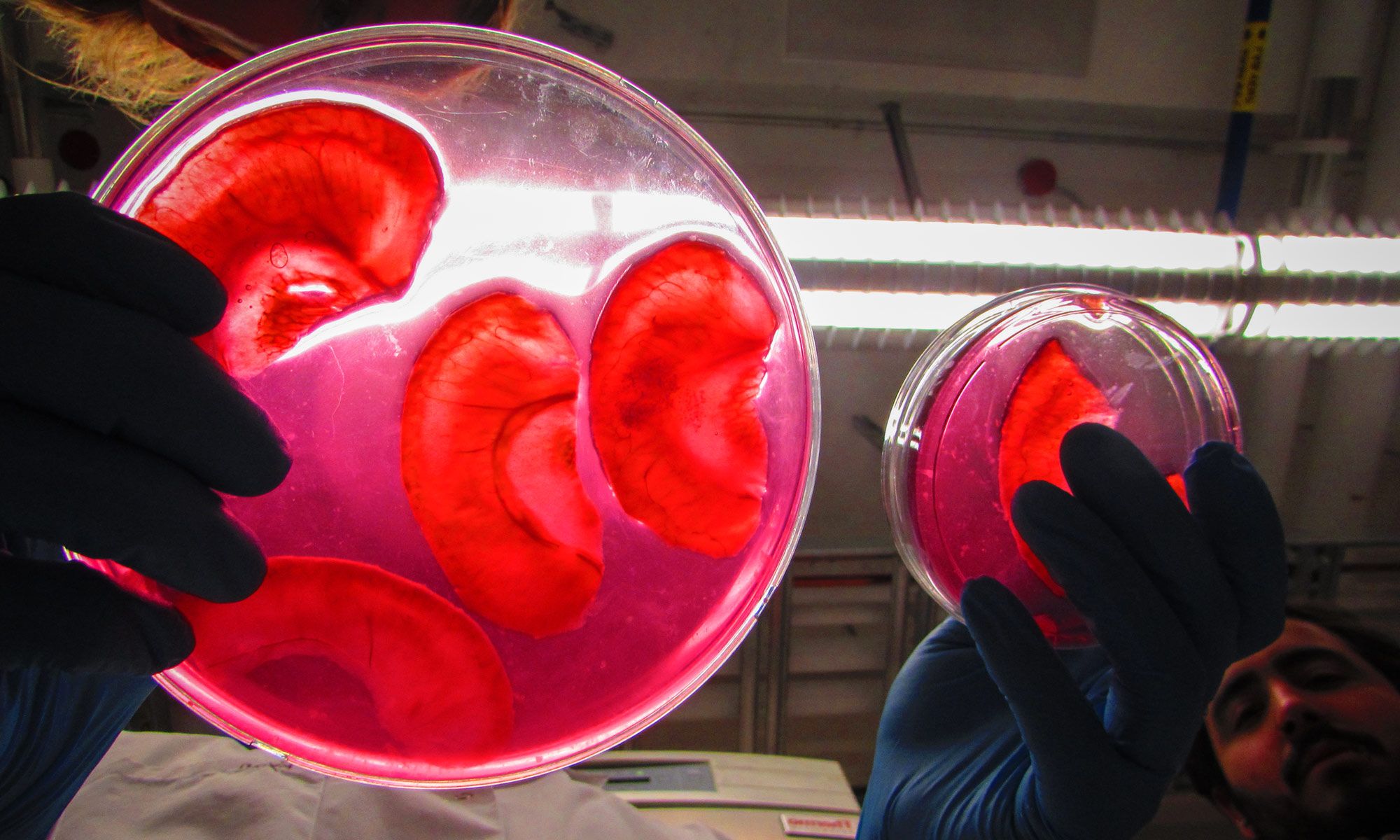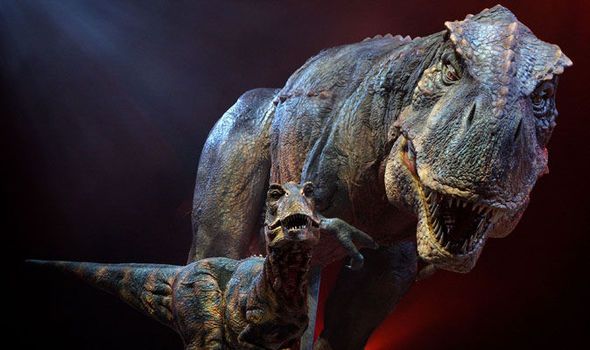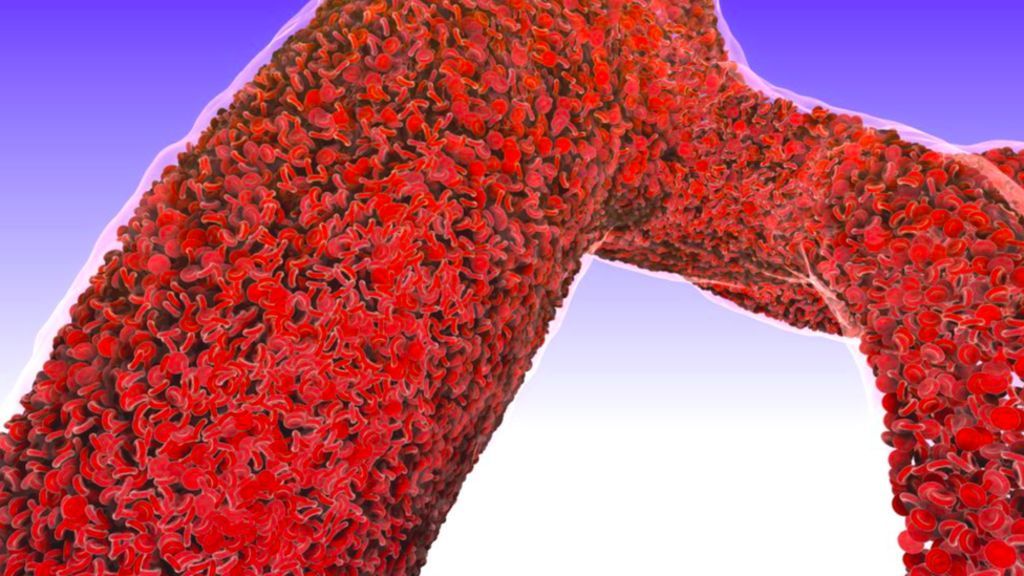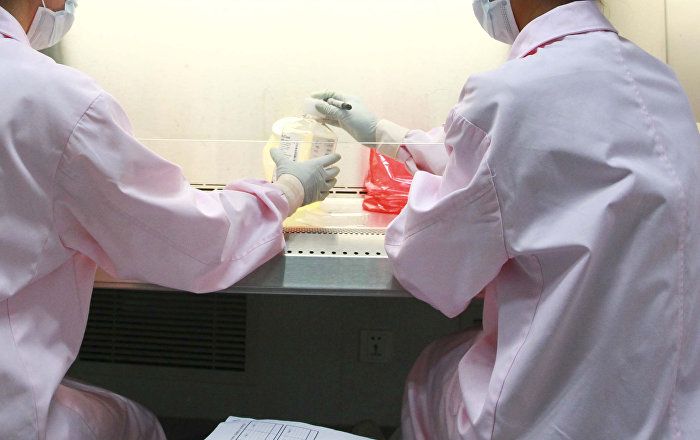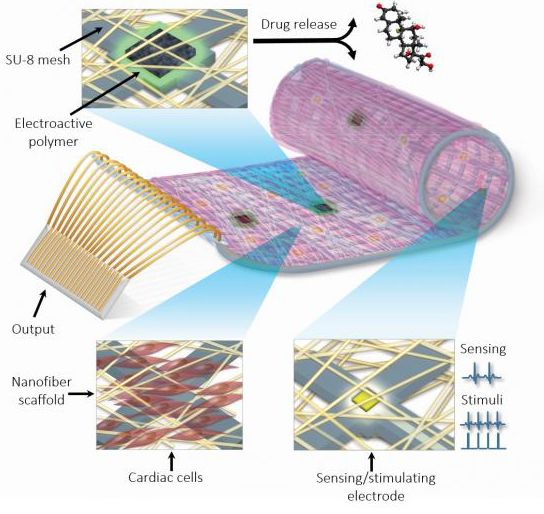Archive for the ‘biotech/medical’ category: Page 2667
Mar 19, 2016
Sci-fi author has brain cryogenically frozen so it can be reanimated in the future
Posted by Montie Adkins in categories: biotech/medical, cryonics, life extension, neuroscience
If I am not mistaken she edited The Three Body Problem, she did not write it.
In what seems like a story ripped straight from the pages of an Isaac Asimov novel, a recently deceased Chinese woman named Du Hong just had her brain cryogenically frozen in hopes that, in the future, the technology to bring her back to life will be created. No joke. Hong, a science fiction author herself, paid upwards of $120k to have her brain sent from China to Scottsdale, Arizona to undergo a freezing procedure at the Alcor Life Extension Foundation. Her idea is that while modern tech doesn’t allow for the reanimation of her brain today, inevitable advancements in cryonics will one day bring her back to life.
Before passing away last May from pancreatic cancer, the 61-year-old Du decided she wanted to allow her brain to be the subject of experiments after her death. Though it took some time before the team at Alcor actually conducted the procedure, doctors in Beijing prepped Du’s brain after her official time of death on May 30. Despite the Alcor Life Extension Foundation agreeing to freeze Du’s brain, the organization made it clear that it wouldn’t be the one to actually attempt to bring Du back to life in the future.
Mar 18, 2016
Kuwait has become the first country to make DNA testing mandatory for all residents
Posted by Shailesh Prasad in categories: biotech/medical, government, law enforcement
In a controversial move, Kuwait has passed a law making it mandatory for all its 1.3 million citizens and 2.9 million foreign residents to have their DNA entered onto a national database.
Anyone who refuses to submit their DNA for testing risks one year in prison and a fine of up to US$33,000, and those who provide a fake sample can be jailed for seven years.
The decision came after an Islamic State-led suicide bombing in Kuwait City on 26 June, which killed 26 people and wounded 227 more. The government hopes that the new database, which is projected to cost around US$400 million, will make it quicker and easier to make arrests in the future.
Mar 18, 2016
A promising way to grow body parts … using an apple
Posted by Shailesh Prasad in category: biotech/medical
Biohacker Andrew Pelling has figured out a way to create living, functional biological objects that don’t exist in nature — without deliberately modifying DNA in any way. In one experiment, h…
Mar 17, 2016
Scientists closer to CLONING T-Rex after discovering remains of pregnant dinosaur
Posted by Shailesh Prasad in category: biotech/medical
SCIENTISTS are one step closer to cloning dinosaurs after the discovering the remains of a Tyrannosaurus rex that was pregnant when it died.
Mar 17, 2016
Supercomputer simulates whole-body blood flow
Posted by Shailesh Prasad in categories: biotech/medical, physics, supercomputing
Physicists say a supercomputer simulation of blood flow around the entire human body is showing promise, based on an experimental test.
Mar 17, 2016
Necrogenomics: Gathering DNA From the Dead to Improve the Lot of the Living
Posted by Karen Hurst in categories: biotech/medical, health
This one kind of gives me the heebie geebies.
DNA sequencing of the deceased could lead to a number of advances in health care. A group of scientists in Denmark have launched a proposal to create the world’s first national necrogenomic database.
The idea that dead men tell no tales is about to be seriously put to shame, should a newly suggested DNA registry in Denmark become reality.
Continue reading “Necrogenomics: Gathering DNA From the Dead to Improve the Lot of the Living” »
Mar 17, 2016
Grow Me a Liver: Mini-Version of Human Body Part Created in Japan
Posted by Dan Kummer in category: biotech/medical
A team of Yokohama City University biologists has successfully created a tiny liver that functions as efficiently as a human one, NHK reported on Thursday.
Mar 16, 2016
Cyborg Heart Patch Replaces Dead Cardiac Tissue with Combination of Healthy Cells, Electronics
Posted by Karen Hurst in categories: biotech/medical, cyborgs, electronics, health
Scientists at Tel Aviv University in Israel have developed a “cyborg heart patch” for replacing injured cardiac tissue. There has been considerable research on creating scaffolds seeded with cardiac cells, but simply delivering a bunch of cells in a neat package produces underwhelming results. The new patch developed at TAU integrates electronics alongside the cellular scaffold to both monitor and influence the activity of the cells.
The device can record intercellular electrical activity and deliver pulses to make the cardiomyocytes contract to a defined beat. Additionally, the researchers demonstrated that the electrodes within the patch can be covered with drugs to provide controlled release of medication right to the nearby heart cells.
This is certainly an impressive achievement that may herald a truly therapeutic approach for treating cardiac infarcts and other conditions of the heart.
Mar 16, 2016
Light Activated Bio-Bots Powered by Live Muscle Cells (VIDEO)
Posted by Karen Hurst in categories: 3D printing, biotech/medical, genetics, robotics/AI
March 16th, 2016 ![]() Editors Nanomedicine
Editors Nanomedicine
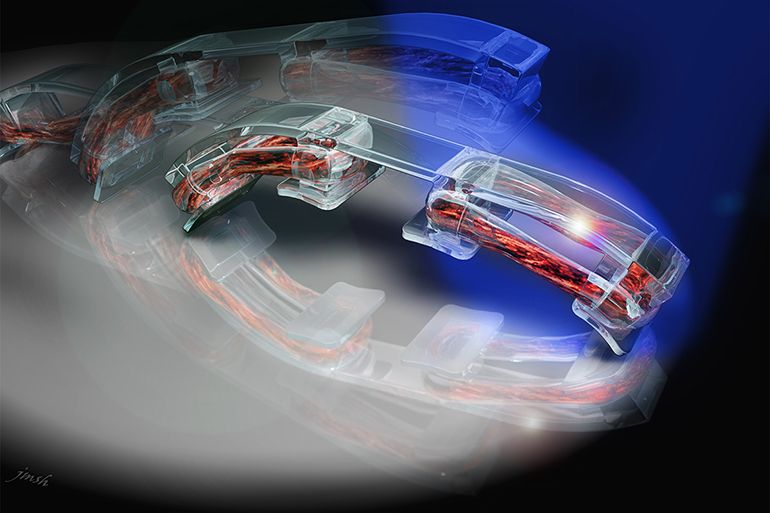 Biologically powered robots may one day be used to perform surgical procedures, deliver drugs, and maybe to even make humanoid overlords for us mortals. A big step toward that was taken by researchers at University of Illinois at Urbana-Champaign who used light-activated muscle cells as the power source to make tiny bio-bots.
Biologically powered robots may one day be used to perform surgical procedures, deliver drugs, and maybe to even make humanoid overlords for us mortals. A big step toward that was taken by researchers at University of Illinois at Urbana-Champaign who used light-activated muscle cells as the power source to make tiny bio-bots.
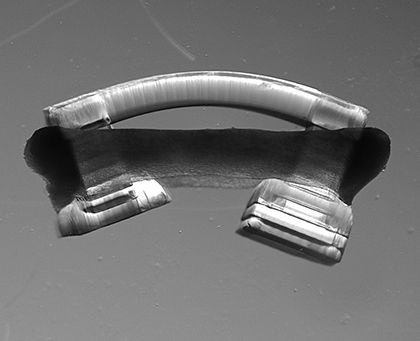
The optogenetic technique published in Proceedings of the National Academy of Sciences relies on genetically engineered mouse muscle cells that were made to contract in response to blue light. Rings of these cells were placed around a 3D printed flexible rods of different lengths between two and seven millimeters. When light was illuminated over the mechanism, the biobots contracted and walked in a certain direction. Various lengths and configurations were tried to achieve the best walking results. Moreover, the researchers were able to change the direction of the walking bio-bot.
Continue reading “Light Activated Bio-Bots Powered by Live Muscle Cells (VIDEO)” »
